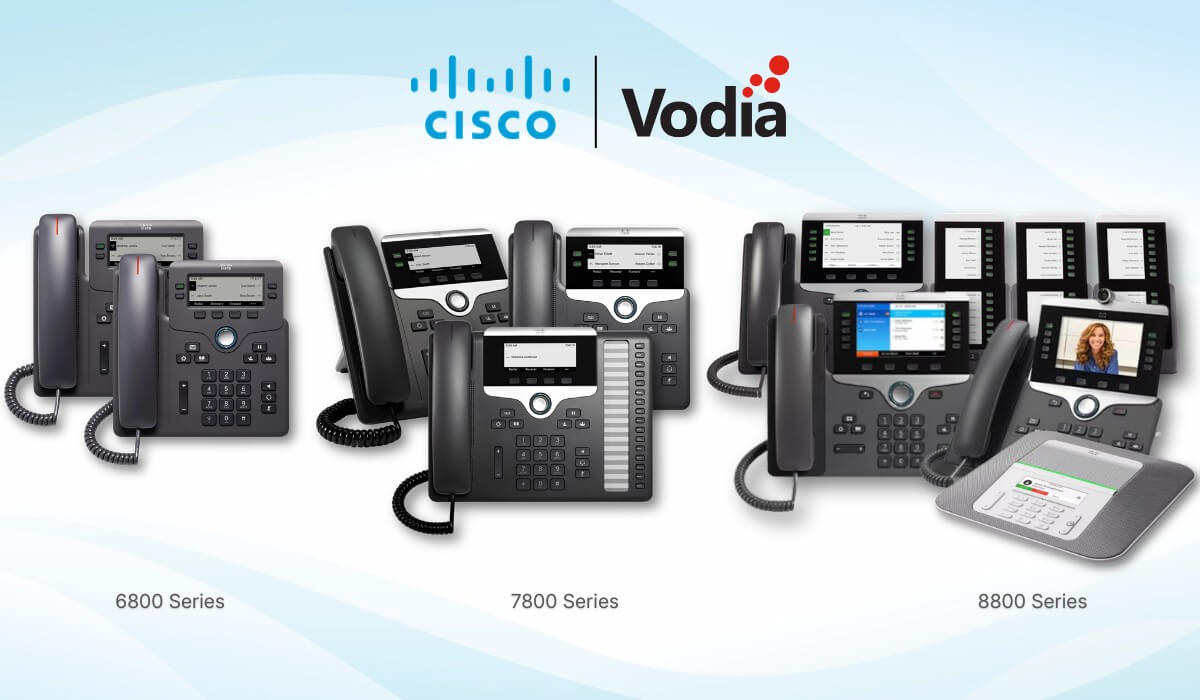Instant connectivity and digital transformation are the hallmarks of our age, and the adoption of messaging apps, particularly Meta’s WhatsApp, has skyrocketed, with more than 2 billion users. This poses a question: is WhatsApp taking over the world, especially when compared to traditional SMS?
The undeniable popularity of WhatsApp is reshaping the communication landscape. With its user-friendly interface, multimedia capabilities and end-to-end encryption, WhatsApp has become the go-to choice for personal and professional messaging alike.
The shift towards WhatsApp is a global phenomenon. Its ease of use, cost-effectiveness and rich features have propelled it to the forefront of communication tools - this includes the next most popular messaging app, Messenger, also from Meta.
WhatsApp users, use the app first and foremost to text, followed by sharing gifs, links, pictures and videos. Users don’t have to switch channels to send different message types. Voice calls through WhatsApp are also becoming increasingly popular, with an average of more than 100 million voice calls made every day, more than 1,100 calls per second. Businesses are certainly able to use all of these functionalities in their communication with customers, and they will soon have to: with WhatsApp, it’s possible to host a conference call with 32 attendees. For free.
Telecom Industry Dynamics: A Move Away from SMS?
As WhatsApp gains even more users, is it forcing the telecom industry away from traditional Short Message Service (SMS)? SMS has been a staple in mobile communication for decades, but the rise of Internet-based messaging platforms challenges the relevance of SMS. Telecommunications providers are increasingly exploring ways to adapt to this changing landscape and redefine their offerings to meet evolving consumer preferences, to compete with a plethora of free platforms that make any kind of messaging instant and simple.
Implications for the VoIP Industry
The dominance of WhatsApp extends beyond traditional text messaging. The VoIP industry, which revolutionized voice communication over the Internet, must now integrate with popular messaging platforms. Users will accept nothing less than completely unified communications experiences, and VoIP providers must now incorporate messaging functionalities and ensure seamless integration with WhatsApp and similar free messaging platforms.
The Future of Telephony: Embracing Change
It’s crucial to anticipate future trends as we navigate the evolving telephony landscape. The shift towards VoIP and messaging apps is a harbinger of a broader, deeper transformation of how we communicate - to embrace this change requires adaptive business models, investment in innovation and agility in response to evolving customer demands and preferences.
The Future of Managed Service Providers (MSPs)
Managed Service Providers (MSPs) play a crucial role in ensuring seamless communication for businesses. With the dominance of WhatsApp, MSPs must evolve to become holistic communication partners. This requires managing traditional telephony, integrating messaging platforms, ensuring cybersecurity and providing comprehensive solutions for a digital communication ecosystem.
Supporting PSTN: The Key to Business Continuity
While the world transitions to digital communication, supporting Public Switched Telephone Network (PSTN) remains vital. Many businesses and individuals still rely on traditional phone lines: MSPs and VoIP providers need to balance between embracing modern communication technologies and ensuring continuity by supporting PSTN. This approach guarantees businesses remain entirely accessible to a diverse range of users, both analog and digital.
The Future of Business Communication: Solutions for Success
Adaptability and integration are the future of business communication. To thrive in this dynamic landscape, businesses, VoIP providers, and MSPs must:
- Embrace Unified Communications: Develop solutions that seamlessly integrate messaging, video and voice.
- Incorporate AI and Automation: Leverage artificial intelligence and automation to enhance communication efficiency, personalize user experiences and streamline workflows.
- Focus on Cybersecurity: With increased digitization comes heightened security concerns; prioritize cybersecurity measures to protect sensitive communication data, yours and your customers’.
- Educate and Train: Ensure your customers and their end users are well-versed in the features and security measures of modern communication tools; this will foster and support a smooth transition.
- Collaborate with Messaging Platforms: MSPs and VoIP providers should actively collaborate with messaging platforms like WhatsApp and provide integrated solutions that cater to diverse communication needs.
- Strategic Partnerships: Form strategic partnerships with technology providers to stay at the forefront of innovation and offer cutting-edge communication solutions.
The dominance of WhatsApp, the evolving telecom landscape and the future of business communication are all intertwined. Embracing change, staying agile and providing comprehensive solutions will not only ensure the survival of businesses in this dynamic environment but also position them for success in the exciting future of communication.
Here at Vodia, we couldn’t be more excited about the future of communication and the innovation that will drive it. We are VoIP pioneers and a partner to the finest MSPs in the telecommunications industry. Want to find out more? Contact us today, sales@vodia.com.
.svg)




